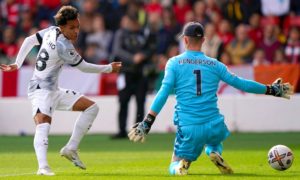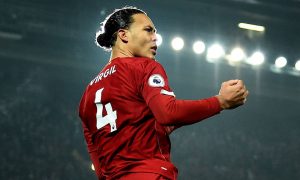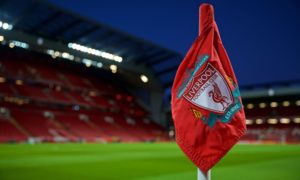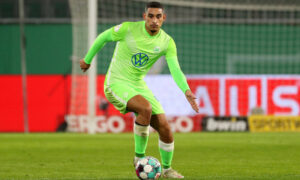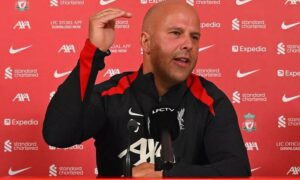Early in the season, with Manchester City uncharacteristically fumbling, it seemed certain that Liverpool would take the advantage and successfully defend their title. However, with half the season gone the Reds began to experience their own uncharacteristic wobble, dropping out of the title race and eventually ending the season scrambling for a Champion’s League spot in a battle for a place in the top four. This article takes a look at some of the factors responsible for what turned out to be a disappointing season.
Must Read- Our Exclusive Analysis: Liverpool’s 2020-21 Premier League Season Review
Injuries

With the ridiculous pandemic-influenced schedule and Jurgen Klopp’s preferred style of playing, injuries were always going to be unavoidable. It was always the case that the team with the deepest squad and/or fewest injuries to key players would end up victorious at the end of the season. This is why the injury sustained by Virgil Van Dijk in particular, early in the campaign, spelled doom for Liverpool’s season. Coupled with the loss, at various times, of Joe Gomez, Diogo Jota, Naby Keita, and Joel Matip, it is easy to see why Liverpool’s season unraveled the way it did. The loss of Van Dijk made Liverpool a less fearful proposition to opponents and Jota’s injury after such a brilliant start had a big impact on Liverpool’s attacking momentum. Success next season will depend, to an extent, on how the Reds manage injuries.
Midfield crisis

Control in the middle of the park is an essential feature of most winning teams in the modern era and strength in midfield played a huge role in Liverpool’s Premier and Champion’s League successes over the past two seasons. Losing their defensive mainstays forced the Reds to move their midfield maestros further back to fill up space and while both Jordan Henderson and Fabinho performed admirably well in these makeshift positions, their absence in midfield weakened the team considerably. Naby Keita’s frequent injury woes continued and summer signing Thiago Alcantara who was expected to replace Fabinho in the No. 6 position could not adapt quickly enough to both the pace of the Premier League and Jurgen Klopp’s style of football. This constituted a wrench in the well-oiled machine that is the Liverpool attack as they were forced to play at a much slower pace than they’re used to.
Empty Anfield

The absence of fans in grounds around the world has been difficult to cope with for all teams, particularly so for clubs like Liverpool that are usually carried by the fans in moments of difficulty. Without the famous Kop roar, opposition teams felt emboldened to come at Liverpool. It is no surprise that the Reds lost more home games this season than in the previous two seasons combined. The return of fans into the stadium will surely make trips to Anfield a different proposition next season which is being coupled with the expansion of the famed venue.
Also Read- What does the proposed Anfield expansion mean for the Liverpool fans?
Certainly, most Liverpool fans would consider the season a failure but it is a testament to Jurgen Klopp’s ability that in his worst season in charge the Reds still managed a 3rd place finish. Even though the latest online betting odds put Liverpool at 11/2 to win the League next season, the Reds can be expected to mount a strong title challenge if they do good business in the transfer window.



